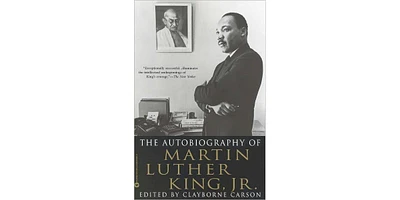Home
The Theology of Martin Luther



The Theology of Martin Luther
Current price: $22.00
Loading Inventory...
Size: Paperback
We cannot afford to ignore Martin Luther--that influential and highly controversial personality in European history. Not only were his activities mainly responsible for starting the Reformation of the sixteenth century, but his ideas also have greatly influenced political, cultural, and social thought ever since. Some modern writers have tried to trace the roots of Nazism and German militarism back to Luther; others claim on the contrary that Luther's ideas form the only real cure for these evils, and that the authority which Luther still possesses among many Germans and other Europeans should be used for the regeneration of Europe. Lutheranism is very international. The Scandinavian countries are practically completely Lutheran, so were some of the Baltic states; Lutheran groups are found in most countries of Europe. In the United States the Lutherans--many of them English-speaking--form one of the strongest religious groups, and there are Lutherans in many parts of the British Empire. Luther's chief importance lies in the field of theology. His influence on political, cultural, and social questions is only an outcome of his religious thought. But even in this field of theology Luther's ideas are puzzling to many. Catholics of various types may consider him to be the arch-Protestant; strict Protestants (including many British nonconformists) consider him to be half-Roman in outlook. His conservatism in Church order and liturgical forms may endear him to some Anglicans, while he annoys others by his insistence that neither prayer books nor ecclesiastical formularies can create Church unity but that unity of doctrine is the indispensable condition for union. This attitude has more than once created problems for the ecumenical movement and made Protestant cooperation difficult. Dr. Kramm in this volume has tried to interpret Luther to the British reader, minister, and layman alike, in an unbiased, scholarly way. At the same time stressing Luther's importance for contemporary thought. He has laid special emphasis on those questions which the British reader is apt to ask, e.g., what was Luther's attitude to morals and good works? Does ""salvation by faith alone"" mean that it is enough to hold a certain intellectual belief, no Christian life being required? What does he teach about peace and war; about Church and State, about political responsibility? What are his ideas about Church and ministry, about sacraments, about episcopacy and ""apostolic succession""? Does Luther treat the Bible arbitrarily? Was he an anti-Semite, did he spread blind nationalism or racial hatred? What was his attitude to human reason, scholarship and free will? And so on.


















